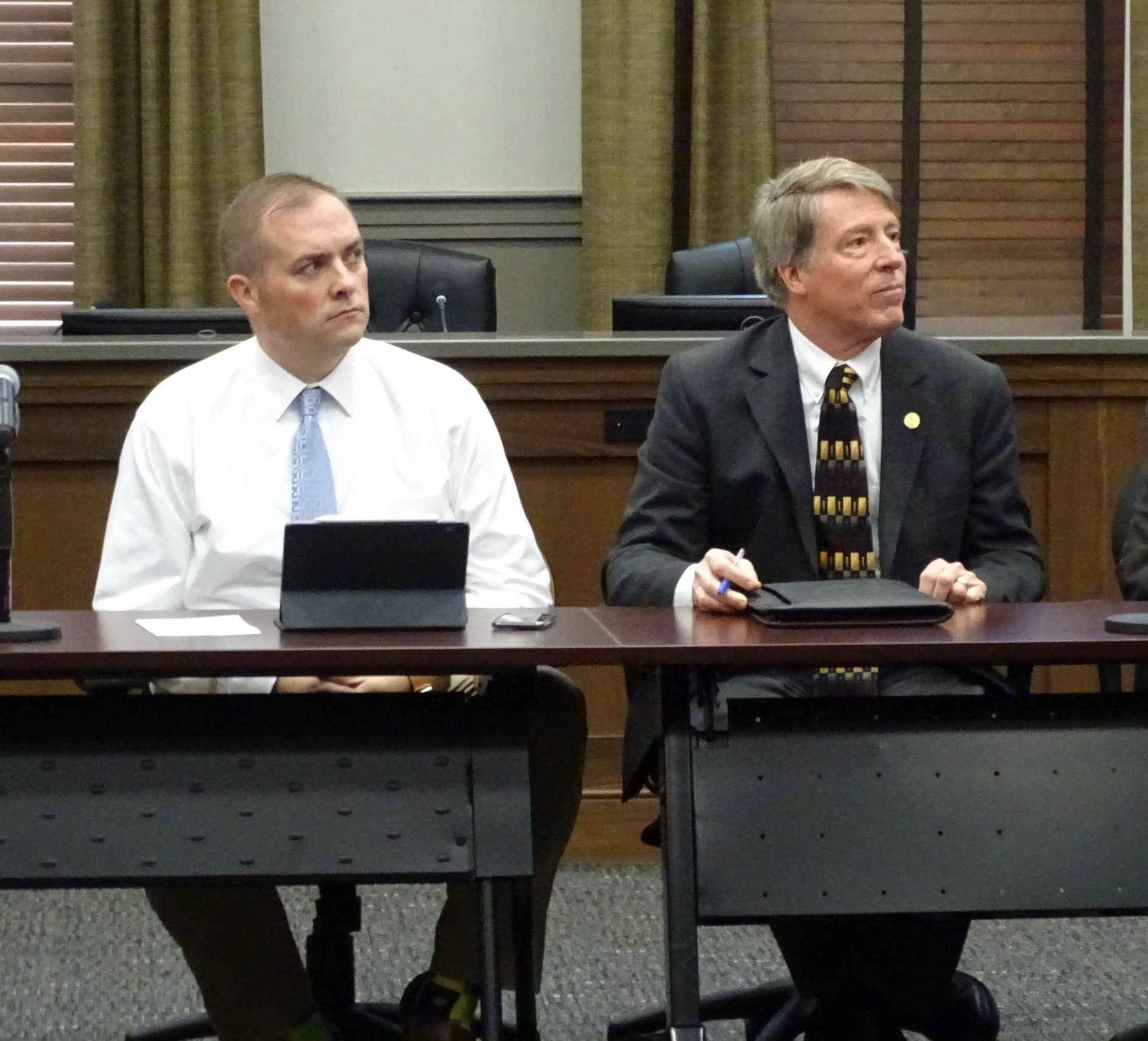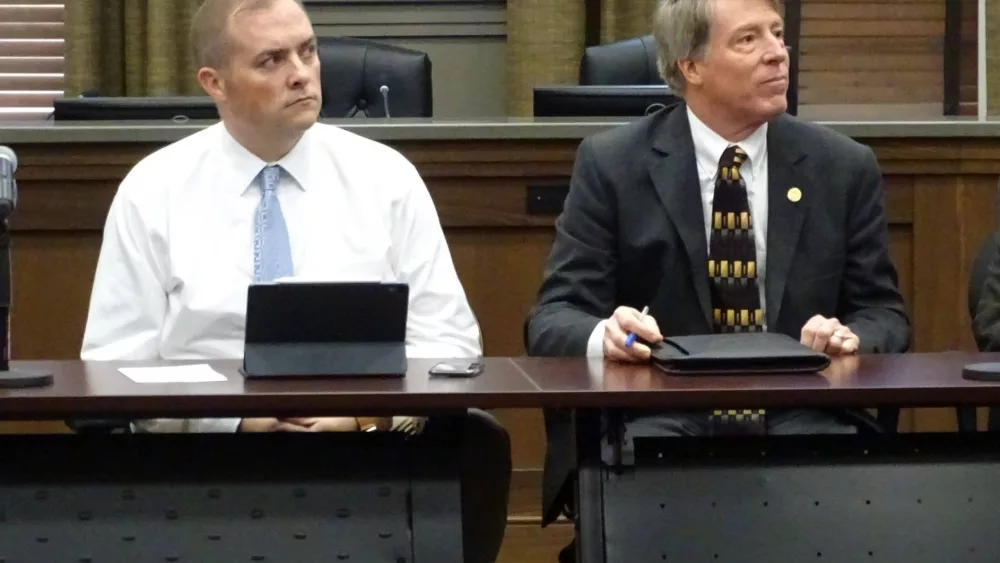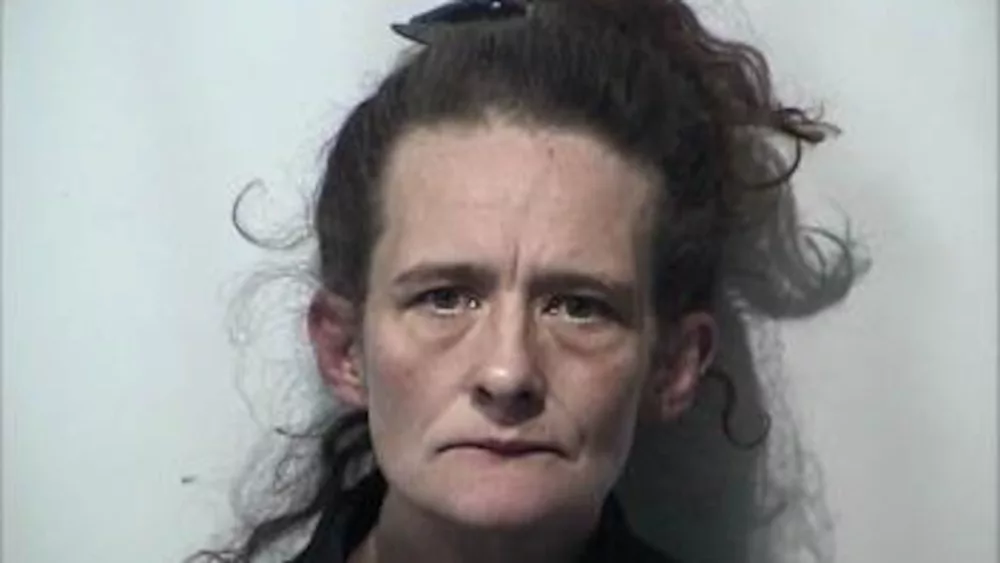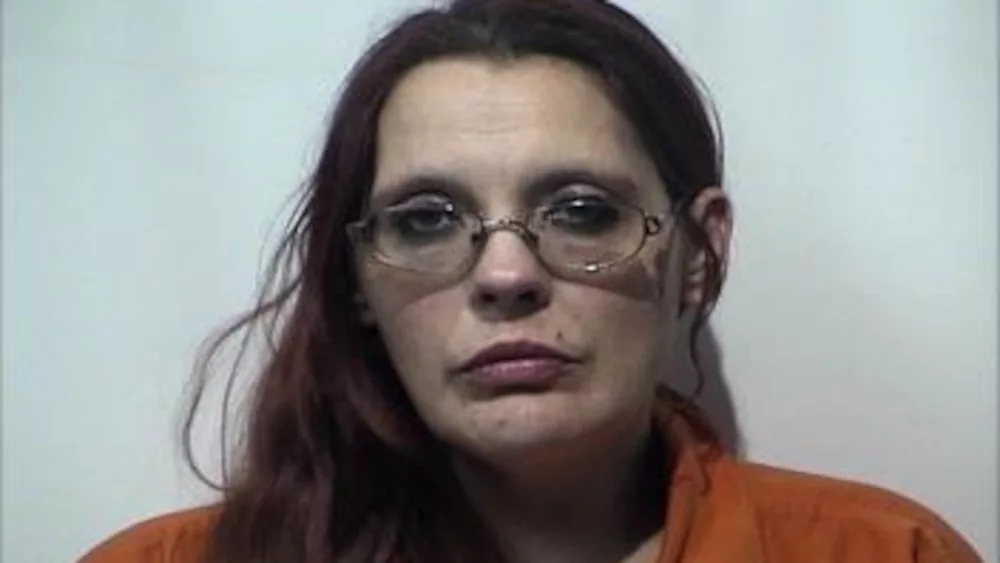
With Kentucky’s “No Right to Abortion” Constitution Amendment — better known as “No. 2” — failing to pass in last week’s general election, local legislators say they’ll remain supremely engaged in further developments on the fiercely-contested Pro-Life vs. Pro-Choice debate.
Especially through this week, as Attorney General Daniel Cameron and the state’s Supreme Court once again hear the legalities in the matter of a possible abortion ban.
Among those legislators includes Sen. Whitney Westerfield and Rep. Walker Thomas, who both issued disappointment about the amendment’s defeat.
With more than 1.4 million Kentuckians voting on the matter, “nays” outweighed the “yays” by more than four percent. However, Westerfield noted that only two counties in west Kentucky had overwhelming “nays” — Henderson and Warren.
Of the state’s 120 counties, only 20 saw “no” more favorably — many of them in and around metropolitan areas.
Westerfield, however, noted he was unsurprised it failed — due to alleged out-of-state spending spreading “misinformation” about what the proposed amendment would do to women’s rights.
After listening to Kentucky’s Supreme Court earlier this week, Westerfield said he found himself more dismayed.
Westerfield added that the amendment probably should’ve made clear what would’ve been permissible after its passing.
Thomas said it was “disheartening” and a “missed opportunity,” and argued the Pro-Life movement was outspent “10-to-1” on the issue leading up to Election Day.
Furthermore, Thomas said there was a plan in place to take up the concerns of rape, incest and life of the mother in committee and Kentucky’s General Assembly — with hopes of progress being made in those issues.
Thomas also said “Amendment 2” would’ve simply shifted power out of the Kentucky Supreme Court’s hands.
In selecting “yes,” a voter supported amending Kentucky’s Constitution to state that “nothing in the state constitution” creates a right to abortion, or requires government funding for abortion.
In selecting “no,” a voter opposed this change entirely.
Spurned from the U.S. Supreme Court decision to overthrow “Roe v. Wade,” six ballot measures addressed abortion this past year — the most ever, according to ballotpedia.com, as California, Michigan, Vermont, Kansas and Montana also codified specific abortion-related language into state law.






